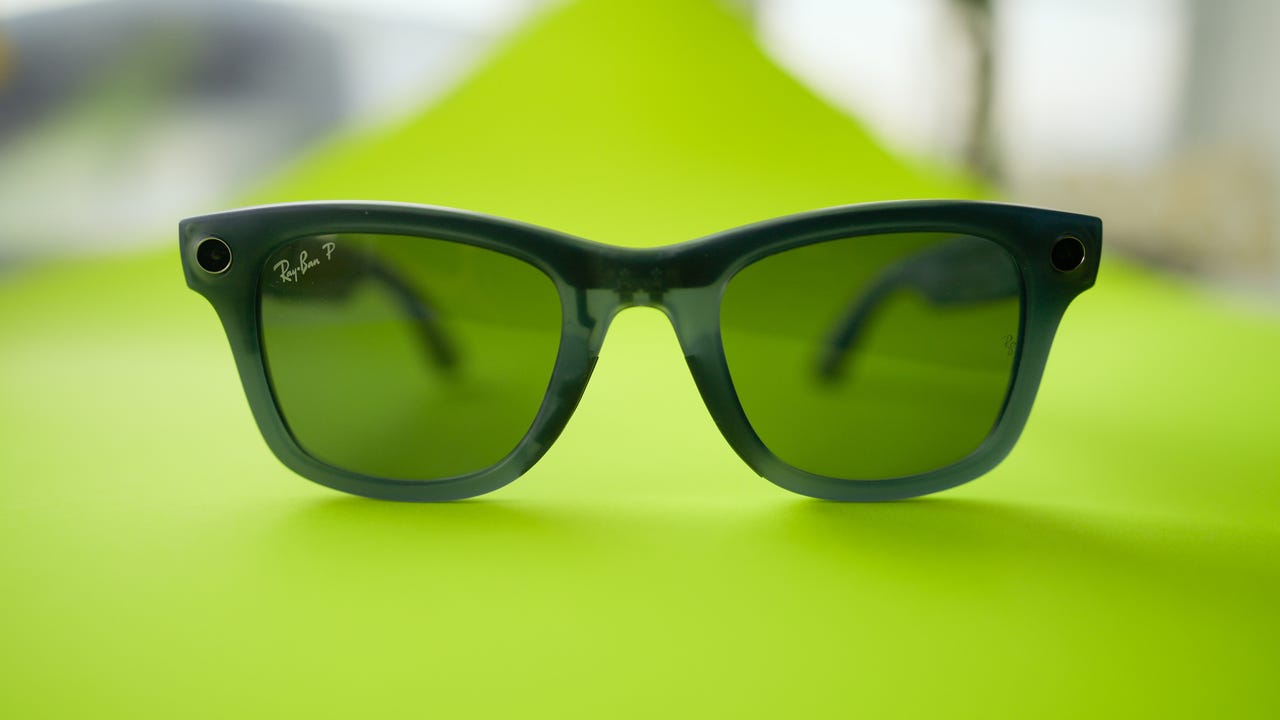'ZDNET Recommends': What exactly does it mean?
ZDNET's recommendations are based on many hours of testing, research, and comparison shopping. We gather data from the best available sources, including vendor and retailer listings as well as other relevant and independent reviews sites. And we pore over customer reviews to find out what matters to real people who already own and use the products and services we’re assessing.
When you click through from our site to a retailer and buy a product or service, we may earn affiliate commissions. This helps support our work, but does not affect what we cover or how, and it does not affect the price you pay. Neither ZDNET nor the author are compensated for these independent reviews. Indeed, we follow strict guidelines that ensure our editorial content is never influenced by advertisers.
ZDNET's editorial team writes on behalf of you, our reader. Our goal is to deliver the most accurate information and the most knowledgeable advice possible in order to help you make smarter buying decisions on tech gear and a wide array of products and services. Our editors thoroughly review and fact-check every article to ensure that our content meets the highest standards. If we have made an error or published misleading information, we will correct or clarify the article. If you see inaccuracies in our content, please report the mistake via this form.
Meta's Ray-Ban smart glasses can identify landmarks now and tell you about them

Heading out of town? Starting this week, Meta's Ray-Ban smart glasses will be your virtual tour guide of sorts thanks to a new feature.
The feature, which is currently in beta, would allow a user to simply look at a landmark to learn what it is. The built-in Meta AI not only identifies what the wearer is looking at, but offers up history and other interesting information about the structure.
Also: I've tried Vision Pro and other top XR headsets: Here's the one most people should buy
Landmark recognition was announced in a Threads post from Meta CTO Andrew Bosworth. In the post, a wearer is looking at San Francisco's Golden Gate Bridge. The glasses not only identify the bridge but offer that the iconic orange color, called International Orange, was chosen to make the bridge easier to see in fog. After glancing at the Painted Ladies, a row of colorful Victorian homes, the wearer learns the homes were all built between 1892 and 1896.
Mark Zuckerberg followed up with an Instagram post showing the feature working on the Roosevelt Arch in the mountains of Montana.
Meta didn't offer many additional details, and didn't explain where this feature might work, but given it was shown off functioning in two diverse locations, it would likely work on any major landmark or building.
This feature is in beta, but any user can apply to get on the list. "If you don't have access," Bosworth wrote, "you can add yourself to the waitlist while we work to make this available to more people."
Also: The best smart rings: Expert tested
Bosworth also added that new functionality is on the way to easily share your latest Meta AI interaction via text message, WhatsApp, or Messenger.
Meta's current Ray-Ban smart glasses debuted just last year and cost $299. While they offer a significant technological leap over the company's first attempt, a third version of the Meta smart glasses, which focuses more on AR, is expected later this year.
